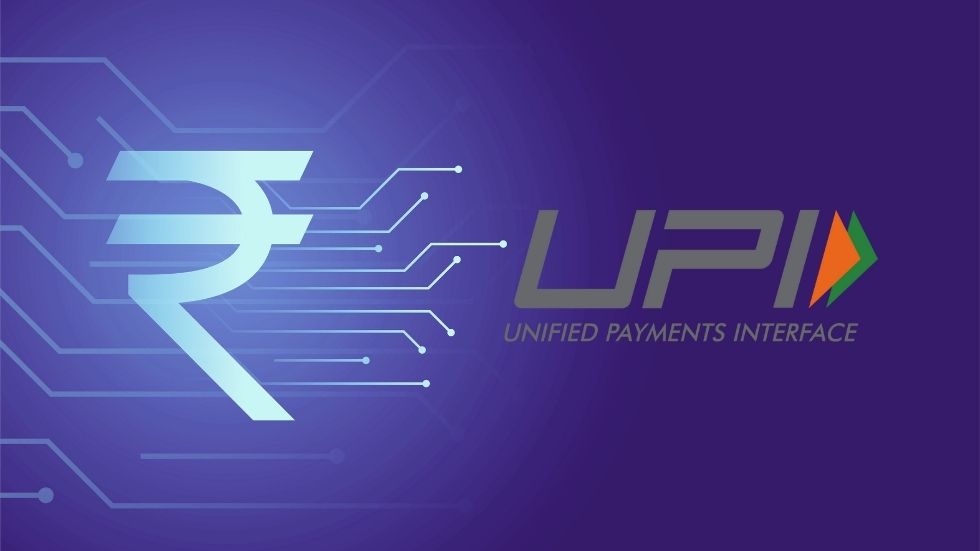- US Federal Reserve governors’ board member Christopher Waller has cast doubt on the viability of globally interlinking instant payment systems, citing potential costs, legal challenges.
- Waller’s remarks contrast RBI governor Shaktikanta Das’s push for a globally interoperable payment system.

Central bankers of the US, Russia and France are not in agreement with India’s top banker over the interlinking of payment systems, which is seen as a priority for India and is also a part of the agenda of the G20 group of countries.
Speaking at the Global Fintech Fest in Mumbai on Wednesday, Christopher Waller, member of the federal reserve board of governors of the US, expressed reservations about interlinking instant payment systems across different countries to expedite cross-border transactions.
This comes just days after Reserve Bank of India (RBI) governor Shaktikanta Das advocated for a globally interoperable cross-border payment system developed by India, namely the UPI (unified payments interface).
“Variation around the world in domestic fast payment network adoption means that the value of globally interlinked systems is not yet clear,” Waller said at the event. “I am not entirely convinced that interlinking arrangements will necessarily deliver on those goals.”
Waller highlighted the potential costs and complications that such interlinking could impose on banks, including heightened legal and compliance challenges.
While acknowledging the benefits of existing cross-border payment systems, he noted that certain frictions slowing down transactions could serve as safeguards against money laundering, terrorism financing, and other illicit activities.
“There is no silver bullet that increases speed and efficiency without tradeoffs,” he warned. “Unless new solutions are found, interlinking fast payment systems might increase the risk-management burden for banks that participate in them.”
Others agreed with Waller
Waller’s views found resonance with other central bankers, too, who said that interlinking payments system for the sake of speed is not advisable. Interoperability is required only if a real business need exists.
“Do I believe in the creation of a single payment system in next 20 years, I’d say no. I’d say there is no purpose,” said Stanislav Korop, acting director, FinTech Dept, Bank of Russia.
Alexandre Stervinou, director, cash & retail payment policy and oversight directorate, Banque de France, said the main issue of inter-operability is governance. “The technical aspects are on track. It’ll be a giant leap towards a uniform ledger. Maybe countries can look at regional linkages of payment systems,” he said.
What Waller said
Waller emphasized that the US is prioritizing the development of its internal FedNow network in the near to medium term. FedNow is an instant payment system developed by the Federal Reserve that currently connects 1,000 depository institutions, including many of the nation’s largest banks.
“Domestic networks need to be developed first. If this condition is not in place, interlinked networks could end up being a road to nowhere,” he cautioned.
Despite his reservations, Waller noted that the US remains committed to researching emerging technologies aimed at enhancing cross-border payment systems. He also emphasized the unique challenges the US faces, given its 9,000 depository institutions, each governed by different authorities.
What Shaktikanta Das said
Waller’s remarks come on the heels of comments made by RBI’s Das at the Global Conference on Digital Public Infrastructure and Emerging Technologies on Monday.
Das had said that UPI has the potential to evolve into a cheaper and quicker alternative to the available channels of cross-border remittances.
“In this journey of attaining harmonisation and interoperability among countries, a key challenge could be the fact that countries may prefer to design their own systems as per their domestic considerations,” Das had said, adding that this challenge could be overcome through a plug-and-play system that would allow replicability while also maintaining sovereignty of different countries.





you are in reality a good webmaster The website loading velocity is amazing It sort of feels that youre doing any distinctive trick Also The contents are masterwork you have done a fantastic job in this topic